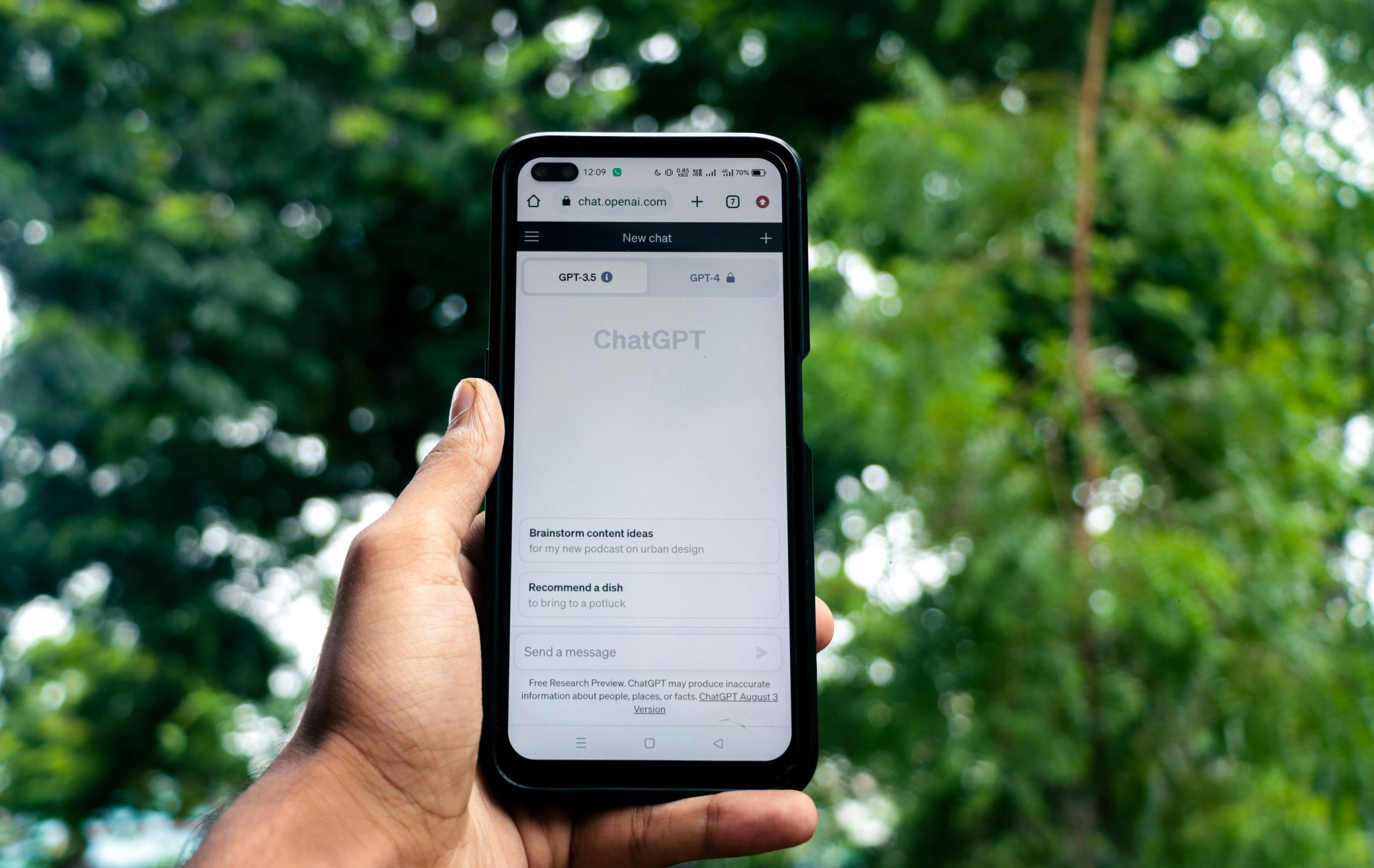Leveraging AI to Automate Complex Software Testing
In today’s fast-paced world, software development has become an integral part of many businesses. However, with the growing complexity of software systems, testing these systems has become a daunting task for companies. To tackle this challenge, companies are turning towards artificial intelligence (AI) to automate their software testing processes. This cutting-edge technology has opened up new possibilities for software testing, making it faster, more accurate, and cost-effective. In this article, we will explore how leveraging AI can help automate complex software testing processes and the benefits it brings to businesses.
The Need for Automation in Software Testing
Software testing is a crucial part of the software development lifecycle. It ensures that the software meets the specifications, is bug-free, and functions as expected. However, as software systems have become more intricate, traditional manual testing methods are no longer sufficient to keep up with the changes and meet the demands of modern software development. Manual testing is time-consuming, error-prone, and cannot handle the complexity of large and multifaceted software systems.
As a result, companies are seeking ways to automate their software testing processes. Automation allows for faster and more accurate execution of tests, reducing the chances of human error. However, traditional test automation tools still require a considerable amount of manual effort and expertise to design and maintain test cases. This is where AI comes into the picture.
Leveraging AI to Automate Complex Software Testing
Artificial intelligence aims to mimic human-like intelligence, and it has proven to be a game-changer in the field of software testing. AI uses advanced algorithms and machine learning techniques to analyze data, make decisions, and continuously learn and adapt.
The use of AI in software testing can help automate complex testing processes that were previously challenging to automate. AI-based test automation tools can intelligently identify patterns, generate test cases, and execute them with minimal human intervention. This significantly reduces the time and effort required to create and maintain test cases, freeing up testers to focus on more critical tasks.
Moreover, AI-based tools can handle complex testing scenarios that require a large number of test cases. They can simulate thousands of user interactions and test multiple combinations of inputs and outputs, making the testing process more comprehensive and efficient. AI also enables testers to analyze the results of the tests quickly and accurately, identifying potential issues that may have been missed by a human tester.
Benefits of Using AI for Automated Software Testing
The benefits of leveraging AI for automated software testing are numerous. Let’s take a look at a few of them:
1. Increased Test Coverage
AI-based test automation tools can test a vast number of scenarios and generate a large number of test cases, covering a more comprehensive scope of testing. This increases the test coverage and ensures that all aspects of the software are thoroughly tested, reducing the risk of undetected bugs.
2. Improved Accuracy
AI-based tools eliminate human error from the testing process, ensuring that the test results are more accurate and reliable. This is especially important in complex software systems where human testers may struggle to keep up with the ever-increasing complexity.
3. Faster Time-to-Market
With AI automating the testing process, companies can significantly reduce the time it takes to test and release their software. This results in faster time-to-market, giving businesses a competitive advantage in the market.
4. Cost-Effective
AI-based test automation tools can handle complex testing processes without the need for a significant amount of human resources. This reduces the overall cost of testing, making it an attractive option for businesses of all sizes.
Conclusion
Leveraging AI to automate complex software testing has become a necessity in today’s competitive business landscape. With the growing complexity of software systems, traditional manual testing methods are no longer sufficient to meet the demands of modern software development. AI brings with it numerous benefits, including increased test coverage, improved accuracy, faster time-to-market, and cost-effectiveness. Businesses that embrace AI in their testing processes will have a competitive advantage, ensuring that their software meets the highest quality standards and delivers a superior user experience.










